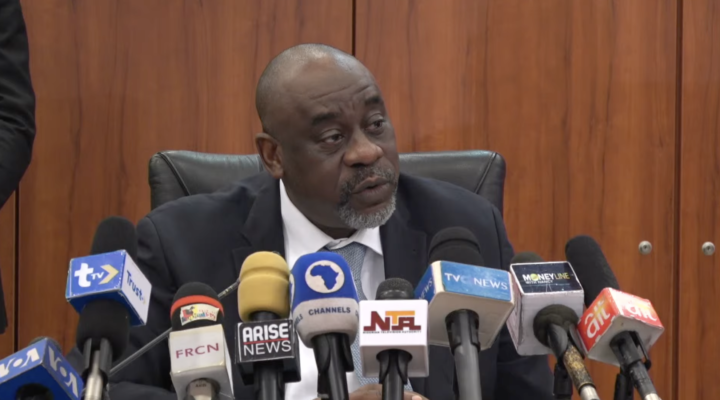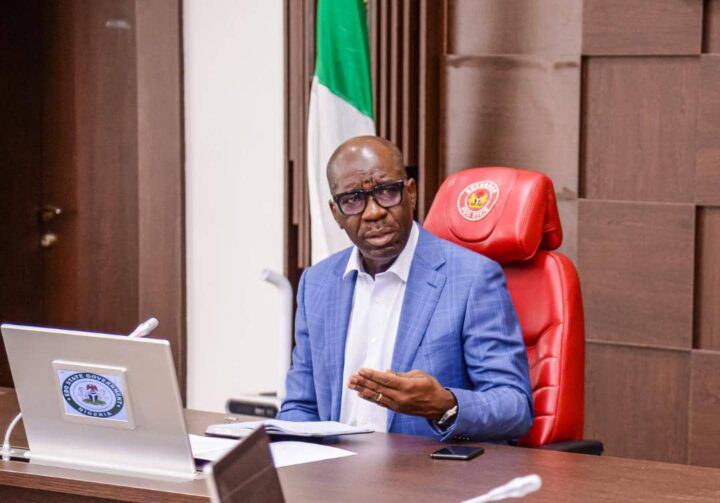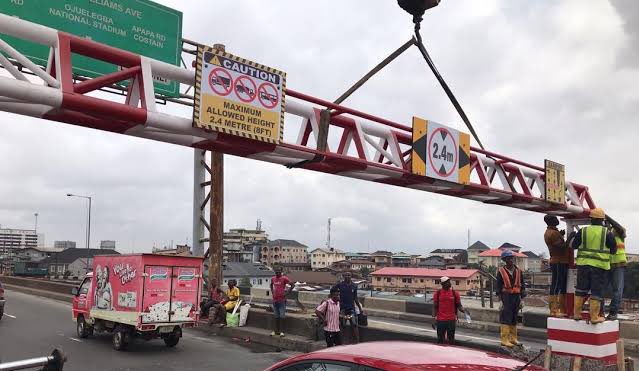The Central Bank of Nigeria (CBN) has attributed the free fall of the naira against the dollar to the diversion of diaspora remittances to the parallel market.
Folashodun Shonubi, CBN acting governor, spoke while delivering a lecture titled ‘Diaspora Remittances and Nigeria Economic Development’ at the National Institute for Security Studies in Abuja.
TheCable had reported that the naira tumbled to an all-time low of N950/$ at the parallel/black market on Thursday — two months after the currency’s float.
Meanwhile, at the investors and exporters (I&E) window, the naira appreciated slightly by 0.13 percent to close at N781.34/$.
Advertisement
Speaking at the event, Shonubi said a lot of diaspora remittances arrived in Nigeria in dollars and end up in the parallel market without being officially documented.
“With those remittances, the dollars have come in, we know the dollars have come in but we don’t see them in the official system. So, they must be going somewhere and somewhere,” Shonubi said.
“And the challenge with the black market, unofficial market or parallel market or whatever name you want to call it, it is not regulated, and it becomes an easy place to have criminal activities.
Advertisement
“We investigate bankers, not just bankers, anybody who has committed an offense, the first thing they want to do is to run to the black markets, change it to the dollars because it is less money to carry around.
“Some of the funding in the black markets are actually from diaspora remittances. That’s why it important we need to know a lot of what’s going on there.
“We can’t play the sentiment game. If we don’t understand the dynamics, we usually go with the literature which does not necessarily work for us.”
Shonubi said the amount of inflows coming through many unapproved channels and eventually ending up in the parallel market contributed significantly to Nigeria’s foreign exchange (FX) crisis.
Advertisement
He said that implementing measures within the country to manage illicit remittances and detect these channels would be beneficial.
This, he said, would ensure remittance flows into the proper channels, and harness maximum benefits to grow the economy.
“We talk about black markets, which also create their own problems. Management of the foreign exchange market and the efficacy of our policies to manage the exchange rate becomes difficult due to the insignificance of our diaspora remittances which are going to other markets,” the CBN boss said.
“Today, someone called me privately and said that this thing (naira) has gone up to some levels in the black markets, my question was, what do you want me to do? Do I operate in the black markets? I don’t know the basis of pricing in the black markets.
Advertisement
“The other thing people don’t realise is that, because you don’t have full information, and I will give you an example since we started the I&E window. We found out that some people would deliberately wait until the last minute and do one transaction of $5,000 and that becomes the closing rate.
“We can’t do without diaspora remittances. For many countries, that’s their main source of income.”
Advertisement
Add a comment






